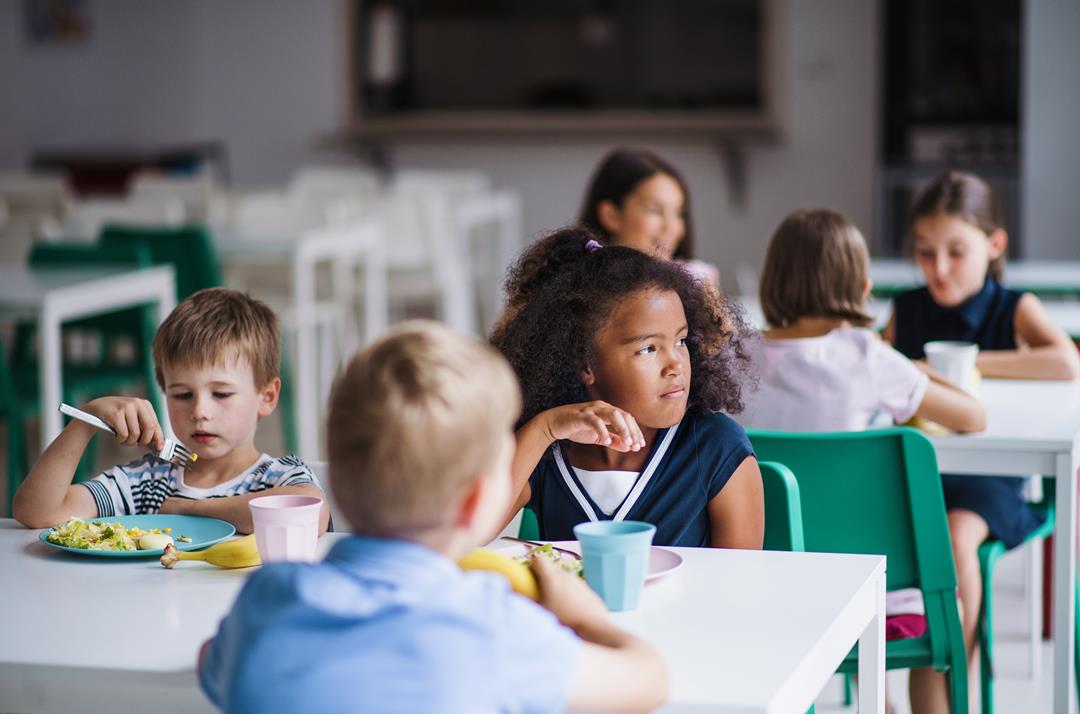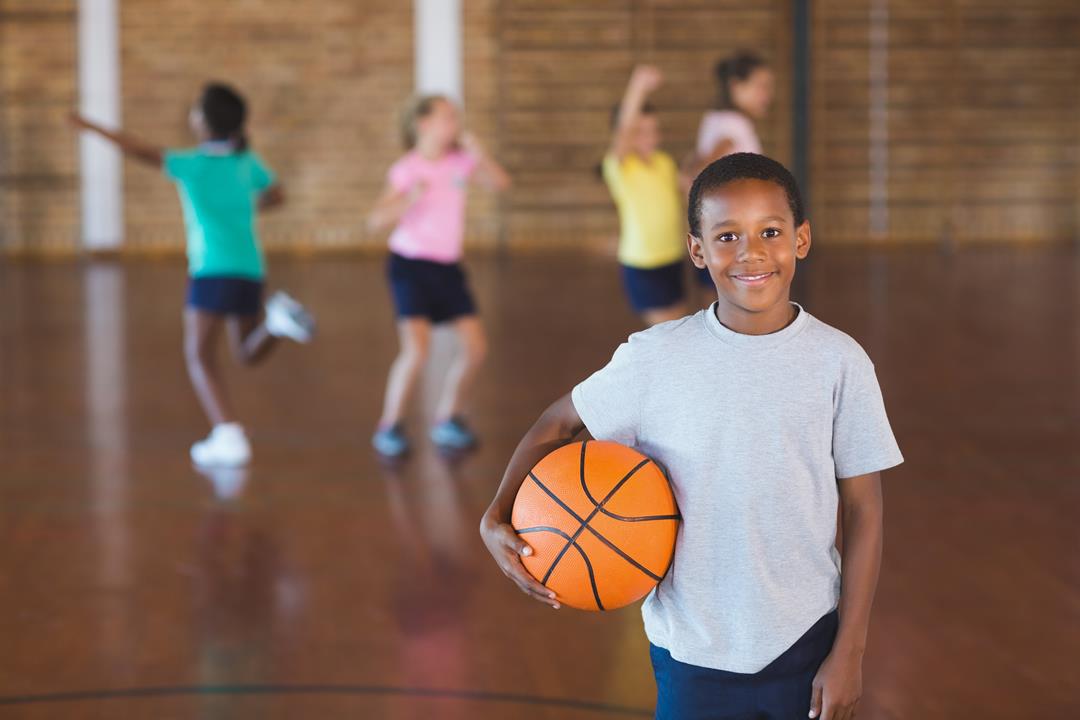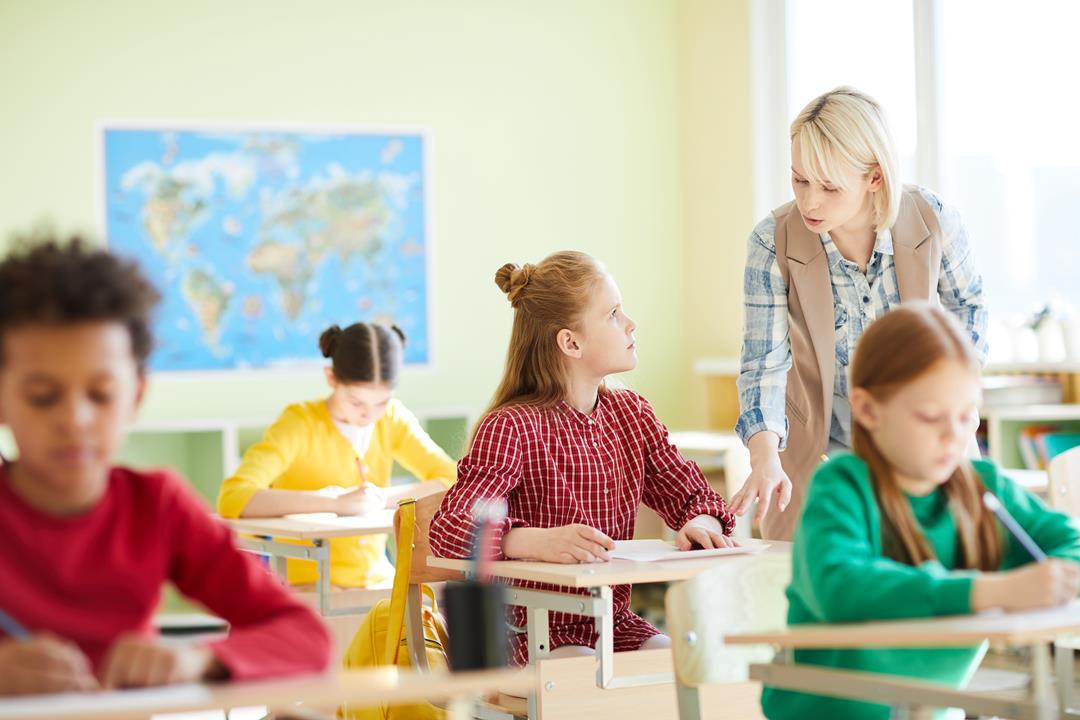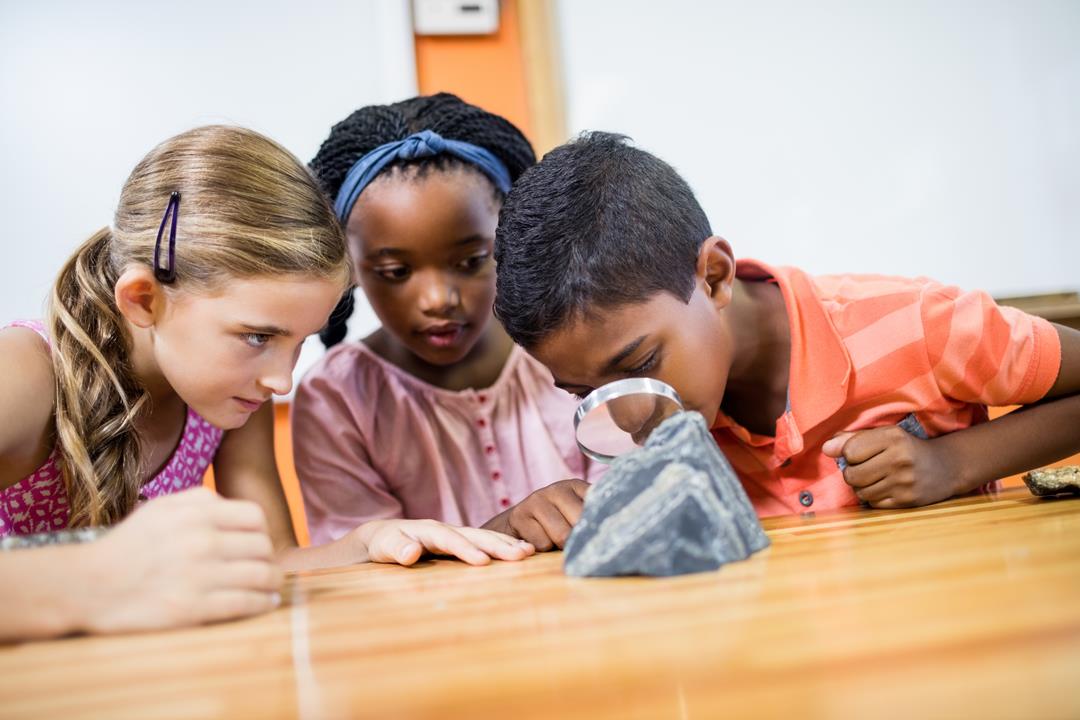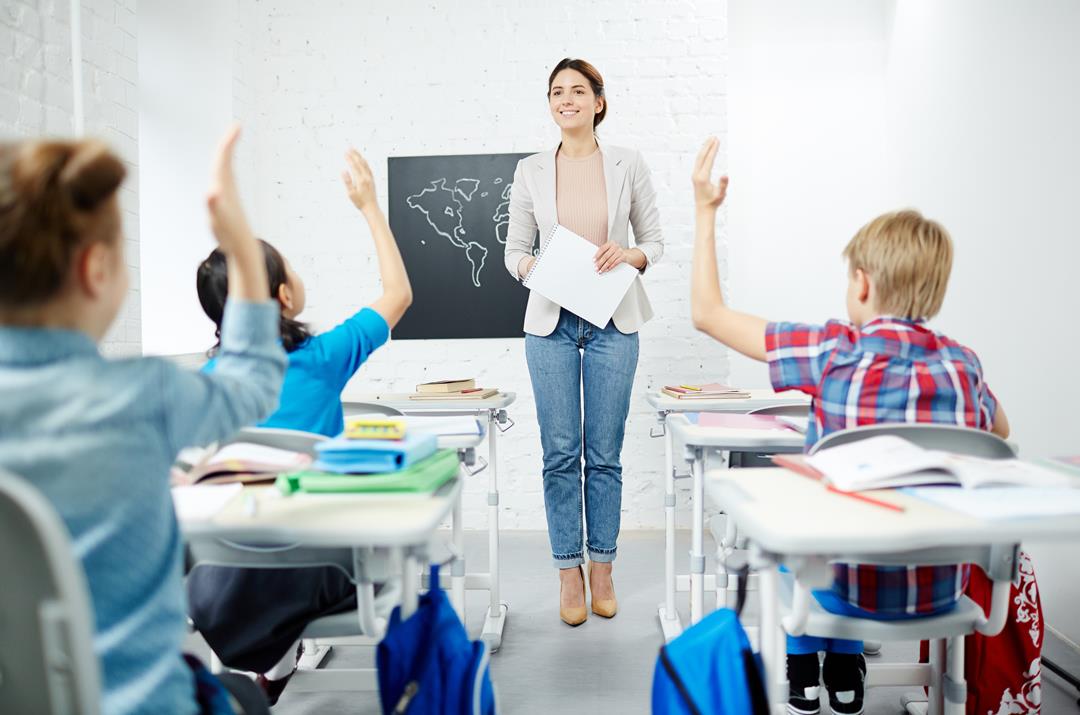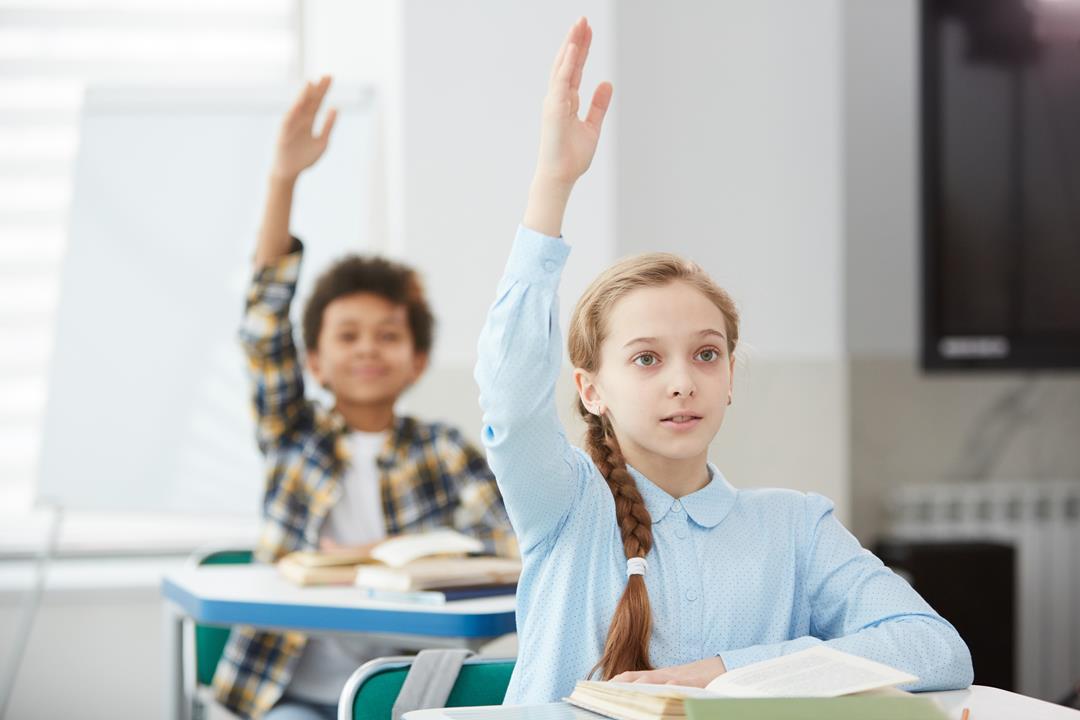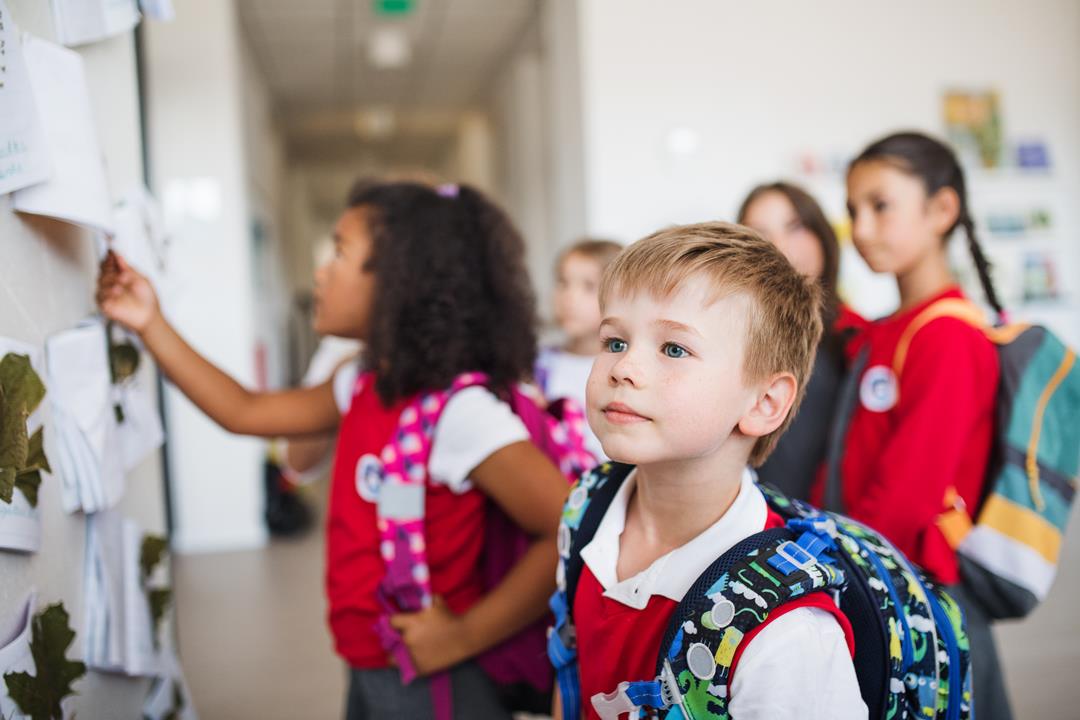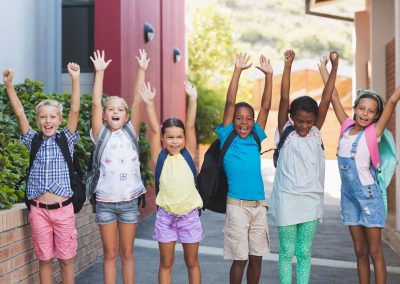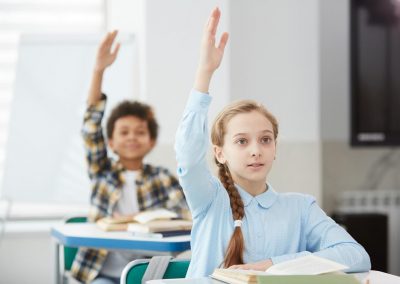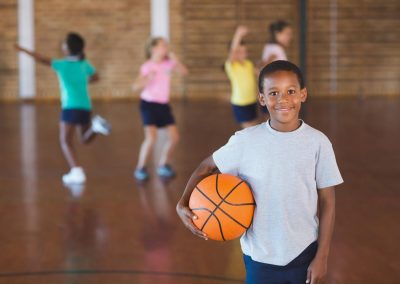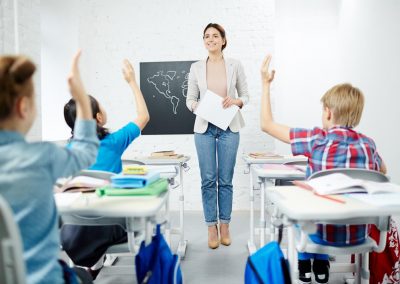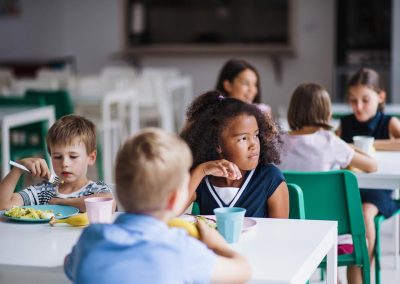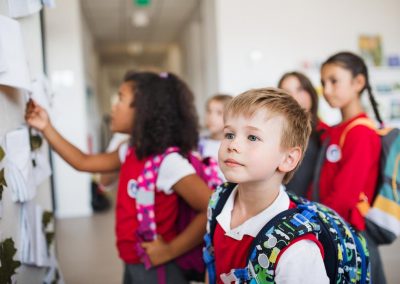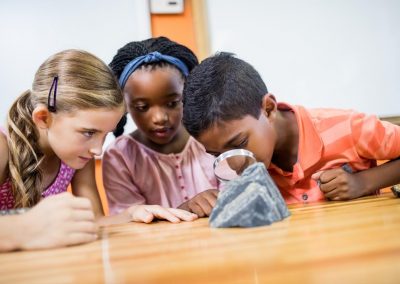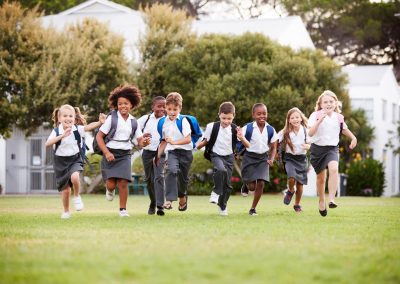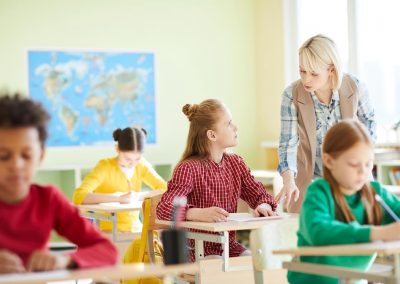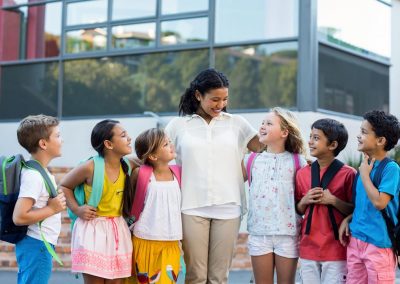Primary School
Our School’s Primary curriculum is built around the need to provide knowledge, skills and understanding arranged by subject under three areas of study: Environmental Studies, Life Skills and the Expressive Arts. Environmental studies cover the sciences, as well as global perspectives which includes geography and history studies. Life skills cover English and Turkish language, Mathematics as well as personal social health education. Expressive Arts include Art and Design, Music and Movement and Physical Education. Our Primary Grades 1 – 5 are equivalent to Years 2 – 6 in the Cambridge Curriculum. (For equivalence chart click here).
Environmental Studies
Life Skills
Expressive Arts
'A note from the director '
LIFE LONG LEARNING
The importance of Early Years and Primary Education have been understated for years. Throughout the world decisions by governments commit us to a lengthy education programme beginning with Early Years all the way through to the end of High School and so we need to remind ourselves regularly that each part of the commitment to education is important.
In our Primary Education programme, we sincerely aim to provide an opportunity for our students to learn in a safe environment which is concerned with developing their capabilities, understanding, emotions and social relationships with an international dimension and a real world in mind. What students learn in the end , of course, in part happens because of what the school sets out to teach them but also happens incidentally, even accidentally, since it is never possible to control the variety of educational experiences that students have at school.
What type of school programme will deliver the skills we need?
Sadly our ‘progressive’ world has led us to accept that all children need only one model, with one set of values and for one perceived purpose. Being part of an international school community tells us that society is very diverse, however. We need to abandon the notion that education is something that must be done to children and that one size will fit all. We need to do more to value children, their cultures, their backgrounds and prepare them responsibly for their future.
The models of only a compartmentalized curriculum based on subject content, the teacher as an expert and the student as a passive recipient, have not produced the skills and competencies our young people need to become successful learners. We find that a more connected, creative curriculum can deliver the skills and habits that help learners take more responsibility for their learning and also personalize it for themselves.
I have supported for years the notion of double focus curriculum which recognizes individual core subjects such as English, Maths and Science being taught separately, but complimented by cross curricular inquiry based projects which naturally involve these core subjects, Social Study content and the Expressive Arts.
Along with this we need also to recognize more the impact of social and emotional aspects of learning. This requires us to imbed in our practice and teach strands related to citizenship, learning habits/strategies, managing information, relating to people and managing situations, which are all essential elements in a package to properly prepare children for the responsibilities and interchanges in their individual futures.
Creating a learning culture
When the above curriculum model is properly managed and combined with a rigorous behavior policy that focuses on choosing to learn ( as opposed to being punished for not wanting to learn ) and an active student programme that encourages a sense of ownership, enterprise and responsibility, the possibility of engaging children from Early Years – Primary School in a learning culture becomes much more likely.
I am proud to be part of the Istanbul International learning community where happy children and happy staff work towards understanding a wide range of things about the world. We are also grateful for parents who together with teachers take seriously their part in shaping the lives of young children.
John Lees
Director of Teaching and Learning
"A note from the director"
LIFE LONG LEARNING
The importance of Early Years and Primary Education have been understated for years. Throughout the world decisions by governments commit us to a lengthy education programme beginning with Early Years all the way through to the end of High School and so we need to remind ourselves regularly that each part of the commitment to education is important.
In our Primary Education programme, we sincerely aim to provide an opportunity for our students to learn in a safe environment which is concerned with developing their capabilities, understanding, emotions and social relationships with an international dimension and a real world in mind. What students learn in the end , of course, in part happens because of what the school sets out to teach them but also happens incidentally, even accidentally, since it is never possible to control the variety of educational experiences that students have at school.
What type of school programme will deliver the skills we need?
Sadly our ‘progressive’ world has led us to accept that all children need only one model, with one set of values and for one perceived purpose. Being part of an international school community tells us that society is very diverse, however. We need to abandon the notion that education is something that must be done to children and that one size will fit all. We need to do more to value children, their cultures, their backgrounds and prepare them responsibly for their future.
The models of only a compartmentalized curriculum based on subject content, the teacher as an expert and the student as a passive recipient, have not produced the skills and competencies our young people need to become successful learners. We find that a more connected, creative curriculum can deliver the skills and habits that help learners take more responsibility for their learning and also personalize it for themselves.
I have supported for years the notion of double focus curriculum which recognizes individual core subjects such as English, Maths and Science being taught separately, but complimented by cross curricular inquiry based projects which naturally involve these core subjects, Social Study content and the Expressive Arts.
Along with this we need also to recognize more the impact of social and emotional aspects of learning. This requires us to imbed in our practice and teach strands related to citizenship, learning habits/strategies, managing information, relating to people and managing situations, which are all essential elements in a package to properly prepare children for the responsibilities and interchanges in their individual futures.
Creating a learning culture
When the above curriculum model is properly managed and combined with a rigorous behavior policy that focuses on choosing to learn ( as opposed to being punished for not wanting to learn ) and an active student programme that encourages a sense of ownership, enterprise and responsibility, the possibility of engaging children from Early Years – Primary School in a learning culture becomes much more likely.
I am proud to be part of the Istanbul International learning community where happy children and happy staff work towards understanding a wide range of things about the world. We are also grateful for parents who together with teachers take seriously their part in shaping the lives of young children.
John Lees
Director of Teaching and Learning

